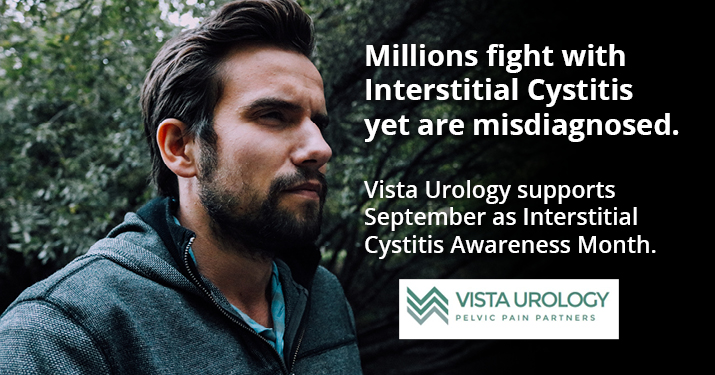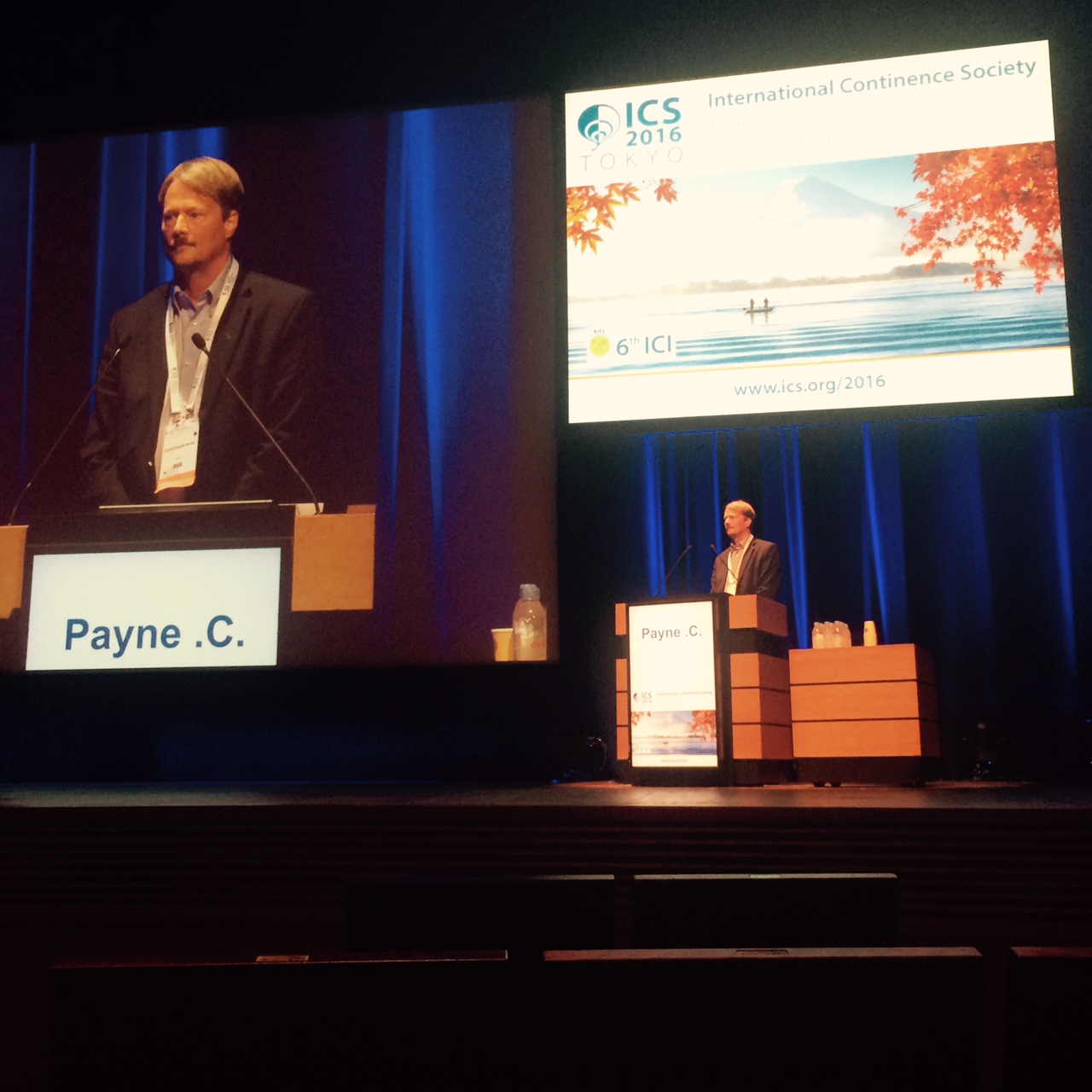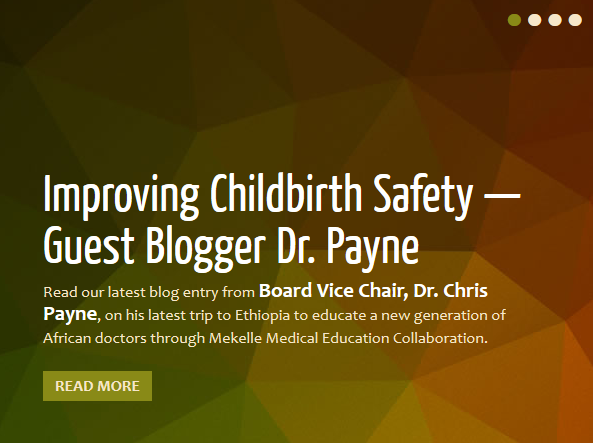What's Happening at Vista: October 2016 Edition
Reflecting on September: Bringing Awareness to Prostate Cancer & Interstitial Cystitis

As last month drew to a close, Dr. Potts wanted to remind her readers:
- Approximately 180,890 men will be told they have prostate cancer this year. It is the second most common cancer in men in the United States.
- Aside from age, risk factors for prostate cancer include family history and race.
- 1 in 7 men will develop prostate cancer.
- 1 in 5 African American men will develop prostate cancer.
- 1 in 3 men with a family history will develop prostate cancer.
Know Your Risk. Talk to your Doctor. Talk to Vista Urology.

Dr Potts mentions in a news article on our site how patients should be more than just a number. While the Urology Care Foundation reminds you to know your stats, Dr. Potts wants to empower you so that you are NOT treated like a number!
Read more about her passionate blog on our site by clicking here»
Dr. Payne at the International Continence Society - Tokyo, Japan

At the annual meeting of the International Continence Society Dr. Payne continued to argue that Ulcerative Interstitial Cystitis is a unique disease that is unrelated to other causes of bladder pain and that it must be studied separately:
- Dr. Payne challenged the report of the Committee on BPS/IC from the International Consultation on Incontinence stating that the time has come to make the break. Further delay only impedes progress.
- Dr. Payne presented the full argument for his position during a Workshop on a holistic approach to BPS/IC stating that we can only provide holistic care if we have a clear and correct diagnosis.
- Dr. Payne presented his surgical results from endoscopic treatment of Ulcerative Interstitial Cystitis and proposed an definition of Complete Remission that could be used for analysis of outcomes.
Indeed his arguments against continued use of the combined Interstitial Cystitis/Bladder Pain Syndrome diagnosis were described as a "major paradigm shift" going against decades of what we believe erroneous assumptions, which led to uninterpretable and wasted research opportunities!
Dr. Christopher Payne continues to provide leadership in the fight against obstetric fistula

Dr. Payne has been active in the fight against childbirth injury and obstetric fistula since 2008 including spending 6 months of sabbatical time living and working in Africa. He shared his experiences during the recent International Continence Society meeting by serving as Chairman of a Workshop entitled: “Complications of Obstetric Fistula Surgery: the hole is closed but all is not well". In addition, Dr. Christopher Payne was chosen as the Blogger Of The Month for the Worldwide Fistula Fund for his discussion on improving child birth safety and the importance to educate the next generation of African doctors.
"I came across the above quote in an editorial entitled, “Improving Birth Outcomes Key to Improving Global Health”. Of course, these studies are mostly performed in developed nations, focusing on reducing inappropriate C-sections. What a contrast we find in the developing world. The women served by WFF are fortunate to have access to even basic prenatal care. They place their lives at risk just by becoming pregnant and anticipating the natural labor process. Should they develop obstructed labor, access to a life-saving C-section will be many hours and miles away, if available at all"
Click here to read more of the sample of that blog in our News section on our website»
Dr Potts discusses Help for High Stress High Tech Men with Pelvic Pain

The sitting causes physical compression of muscles, nerves and blood vessels and the stress, in some men, can cause an unintentional clenching of the muscles in the pelvic floor, which can impede the blood flow and normal neurological function in this region.
Think of the way stress can cause you to clench your jaw… or tighten your neck. If these actions persist, you may experience a headache, neck ache or toothache. Similarly, this sort of tension in the pelvis, causes symptoms that are too often confused with an urological condition like prostatitis.
Click here to read more of this article in our News section on our website»






